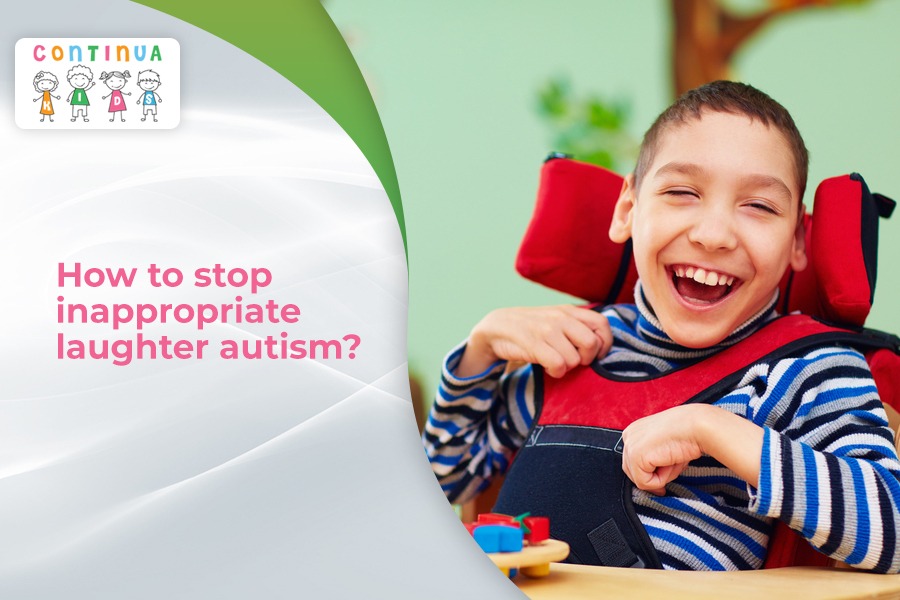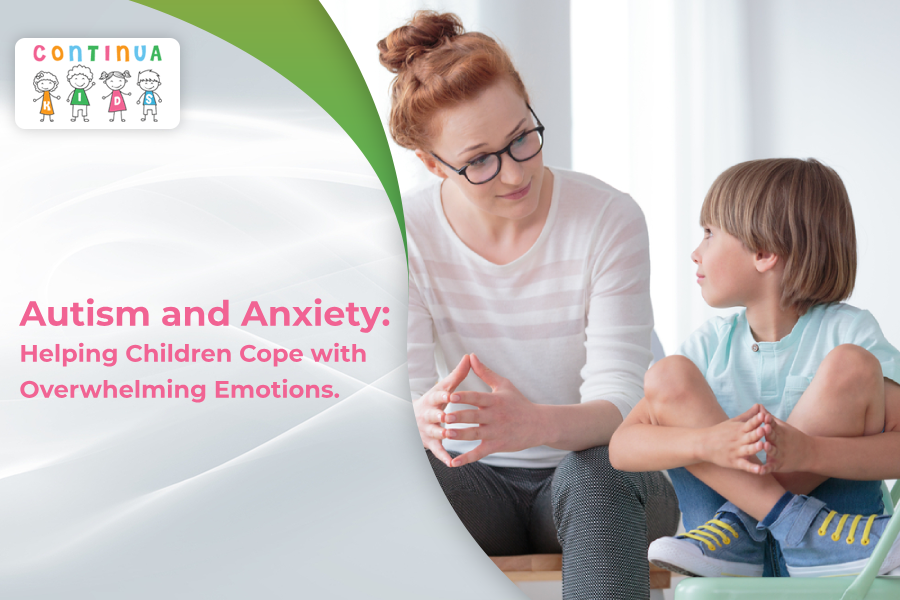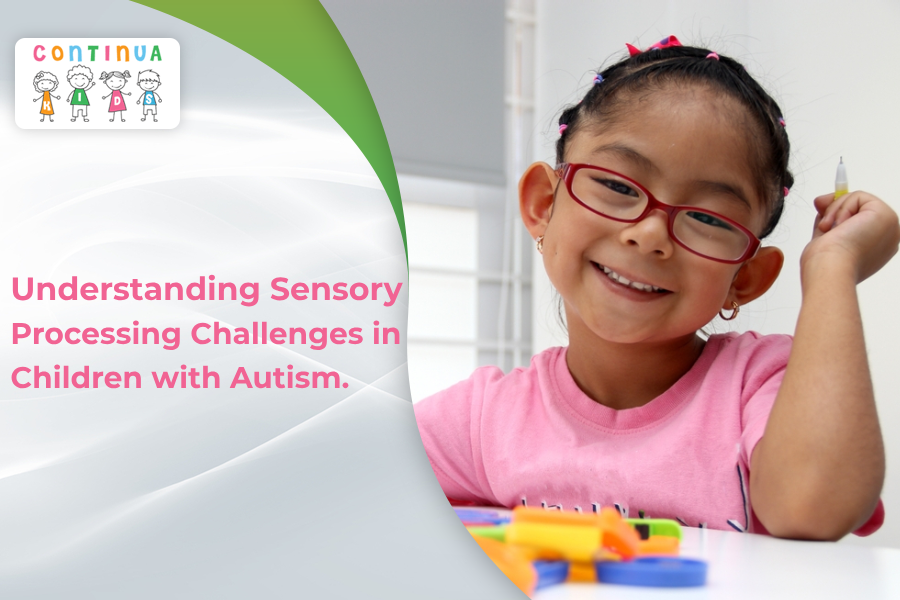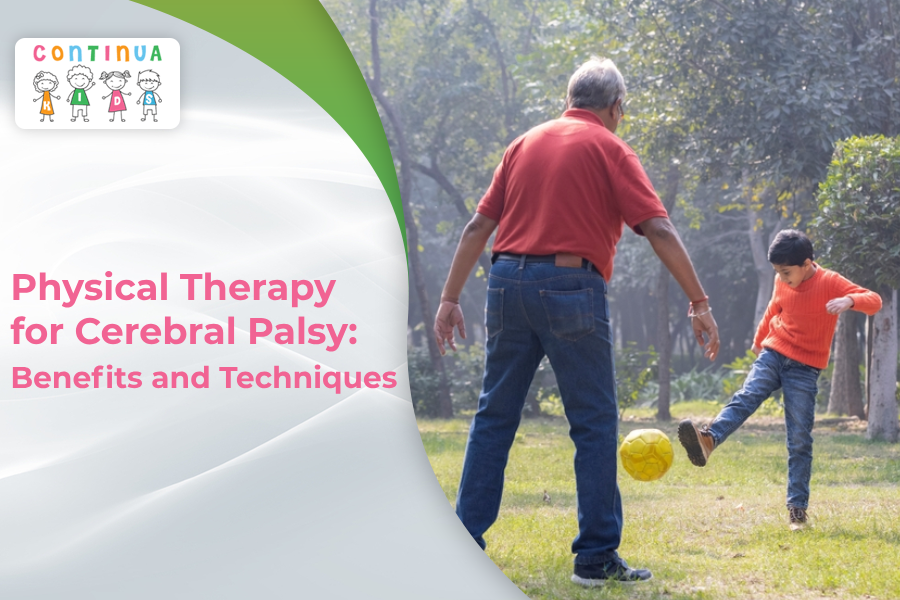A symptom of autism is having an inappropriate emotional response to a situation, which is also a symptom of many other mental or emotional illnesses. Inappropriate laughter can be caused by a medical problem in some situations, but it can also be caused by being frightened or anxious in a new social environment. This happens to everyone from time to time, but autistic persons are more likely to experience inappropriate laughter in response to painful or frightening situations. To learn to manage your laughter as an autistic person, you must first realize when laughter is inappropriate. Then you may educate your brain to react to painful or distressing news in a more suitable manner. Here are some ways to control and eventually stop inappropriate laughter in autism.
Rhonda lee bodybuilding whore pussy and ass hiking for weight loss rdx weight lifting bodybuilding gloves with waistband gym training back support ebay.
- Observe Other People: Observing how other people behave in social situations might help you understand how you should behave and what behaviors or reactions are suitable in particular situations.
It\’s sometimes best to stay on the edge and observe before leaping in and interacting with people, especially if you\’re in a new setting. Observation isn\’t limited to the present moment. You can learn when it\’s proper to laugh by watching movies and television shows.
- Mimic Others: If you\’re in a new situation that you\’ve never encountered before, this can be a useful solution. Try to imitate the facial expressions and responses of the people you see. You must, however, ensure that the people you select to imitate are acting appropriately. It may take some time to observe from the outside to figure out who you should emulate. If you know you\’ll be in an unfamiliar environment, bring a friend with you who can assist you evaluate the circumstances and select the people you should imitate.
- Talk To Your Friends And Family: People who know you well and spend a lot of time with you may be able to give you examples of times when you were laughing inappropriately. This knowledge can assist you in creating your own set of rules.
Controlling your laughter begins with self-awareness. You can\’t control something you don\’t understand you\’re doing – or that the conduct is inappropriate and should be controlled. Friends and family members you trust can help you identify circumstances where your laughter was inappropriate.
- Categorize Social Situations: Laughter is rarely (if ever) appropriate in some social situations. Funerals and emergencies are examples of \”no laughter\” situations. Set them apart in your mind from other occasions where laughter is not only permitted but encouraged, such as parties or comic shows. For autistic persons, labeling emotions and determining when certain emotional expressions are appropriate might be difficult. However, analytically considering them and categorizing them can provide you with rules to apply to social situations and relationships with people. Many autistic people benefit from categories and patterns that outline certain social standards they can follow.
- Learn Empathy: If you\’re autistic, it can be especially difficult to distinguish between what\’s going on in someone else\’s head and what\’s going on in your own. Putting yourself in their shoes can help you comprehend their feelings. Comparing another person\’s experience to a time when you were in a similar situation or were injured yourself can help you empathize with them and avoid laughing inappropriately.
Inappropriate laughter in Autism can be distressing for both the individual who is laughing and those around them. It is crucial to highlight, however, that in the majority of cases, it is not a decision and should not make a person feel guilty or humiliated. When inappropriate laughter is caused by autism, medical intervention is available.
People who laugh inappropriately should be aware that they are not alone. This symptom affects a large number of people, and it can be caused by a variety of conditions. A healthcare practitioner can assist the individual in developing coping skills to deal with it.
Where To Seek Help?
At Continua Kids, you will meet the best occupational therapist in Gurgaon. The team of experts have immense compassion and several years of experience in interacting with and treating children with special needs. To ensure a better future of your child, we believe in early intervention.
For a detailed consultation, book an appointment now!




